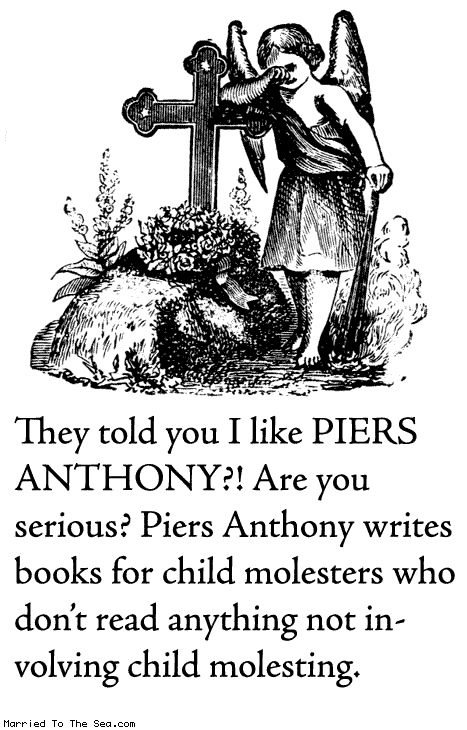the soul must see through the body's eyes
posted by molly under reading | permalink | | leave a comment | 1 comment
Day of The Minotaur
Thomas Burnett Swann
Day of the Minotaur was a Christmas present from my friend Jesse. This delightful cover greeted me when I unwrapped my gift:

minoans are clearly stacked as hell
The author apparently held a Ph.D in literature from University of Florida and taught at Florida Southern University. The most I can say of his writing is that his love of classical mythology is obvious throughout the book. Otherwise, frankly, I am at a loss to say anything much about his style. Calling his prose purple would be unfair, so I’ll settle on calling it lavender as Day of the Minotaur lacked the sensual opulence found in someone like Clark Ashton Smith or the teeth of Angela Carter.
I make the comparison because all three of these authors take mythology and make it their own. Smith and Carter create alternative histories in glorious, sometimes disturbing ways. In stark contrast Swann neuters the myths he appropriates, making them less vital and compelling than their classical incarnations, limited by his own stereotypical, constricting ideas of gender and his own manifest desire to rut with dryads. While Angela Carter can take a well-known myth and re-kindle the fear or trepidation a reader felt when hearing the original by giving it a fresh face, Swann instead made me wish I was instead reading Edith Hamilton’s Mythology or just staring at a wall. It feels unspeakably cruel to compare anyone to Piers Anthony, but reading Day of the Minotaur was less like being transported to the ancient world and more like an unpleasant reminder of how many hours I spent in Xanth as a kid before I realized that creepy books written by older guys about young girls and their panties made me uncomfortable for good reason. I’m pretty sure Piers took a page from Day of the Minotaur and that makes me feel a little bit bad for Swann but not much.
At any rate, Swann seems to be a particularly icky letch, the kind who lacks the courage of his convictions. Or something. I can get down with stories written by icky letches, mind you, but they have to deliver the goods. Swann doesn’t. He describes the barely 16-year old love-interest Thea as “ripe for marriage” but doesn’t have the stones to deflower her with his pen. Instead of hot raunchy minotaur sex, which would actually be entertaining, we get long passages of dialogue like this scene between Icarus, a half-dryad Minoan prince, and Eunostos, the minotaur narrator:
“You and Zoe used to be more than friends, didn’t you?”
I nodded, with perhaps the hint of a smirk.
“And other women too,” he continued. “You must have had hundreds. You’re just what they like. A regular bull of a man.”
Almost of itself, my chest expanded to its full dimensions, my tail twitched, my flanks felt the urge to strut. “It’s true that one kind likes me. Free-living women.”
“One kind admits she likes you. Secretly, all of them do. Look at Thea.”
The subject intrigued me. “Thea, you say?”
“Can’t take her eyes off you. But frankly, the other, non-sisterly kind interests me more. I don’t feel up to a long, exhausting courtship. I’m not as young as I was. That’s why I want you to take me wenching.”
Ouch. Such interactions pervade the action of the novel, bringing as much pain to the reader’s mind as they obviously brought something else to the author’s lower regions, as Eunostos is nothing more than Swann’s vaugely bovine proxy. Eunostos/Swann’s discussions of “wenching” (ugh) and drinking and good clean forest revelry do little to recall any scenes in the classical literature from which he draws his iconography and instead do more to make his world seem like a particularly annoying multispecies commune, which makes sense given the 1966 publishing date.
Although on some level it feels unnecessary and a touch mean-spirited to heavily critique a fantasy novel written over 30 years ago, there is something to be said for examining such problematic material. Swann’s Day of the Minotaur demonstrates beautifully how problematic it can be to set modern-sounding characters in the historical past, even when that past is deliberately fictionalized. Thea’s obsession with redecorating Eunostos’ lair and giving him a makeover makes her less of an ethereal half-human wood-maiden and more the shrill stereotype she really is. Ajax, the Achaean villain, feels more like a quasi-medieval feudal overlord from a fantasy novel than a brash Homeric warrior. Swann’s minotaur also feels too modern, even with his hooves and horns, a dorky swaggering beast-man who brings to mind dudes who hang around hostels hoping to score with drunk girls rather than the fearsome man-eating terror of Minos’ labyrinth. It’s sad that Burnett’s novel is so bland, because his concept is interesting and he clearly knows his subject. His problem is his own desires come out too much, make his personal fantasies too obvious to the reader. I felt embarrassed reading Day of the Minotaur, like I was intruding into Burnett’s private sex-dreams where he’s a seven-foot tall Casanova of the Woodland Realms. And that’s no place I wanted to be.

